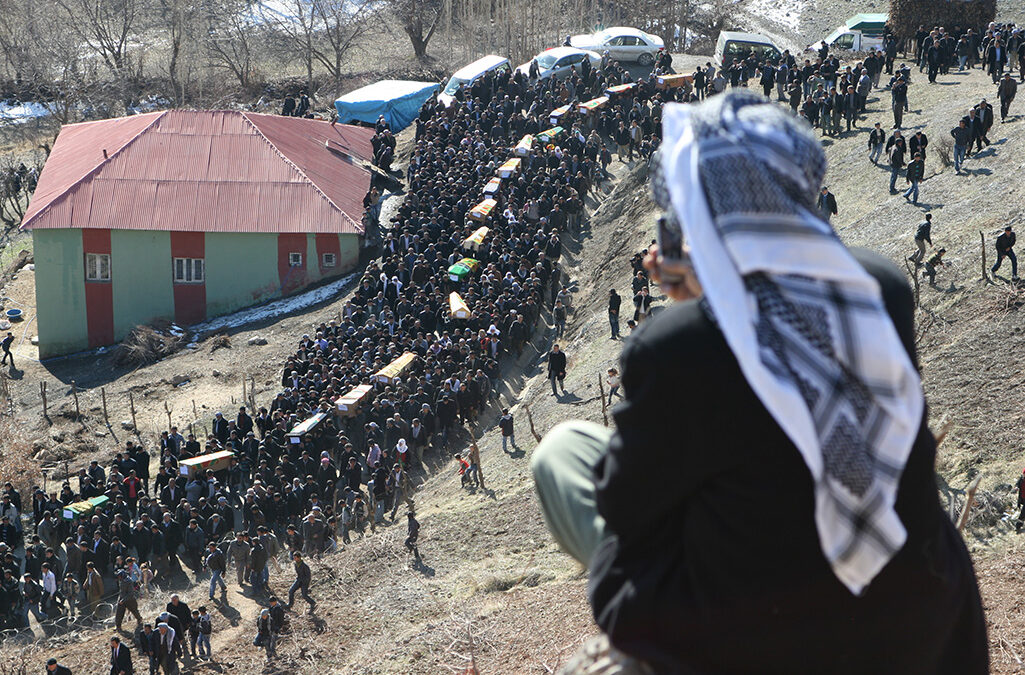
Dec 16, 2021 | Multimedia items, News, Video clips
To commemorate the tenth anniversary of the massacre of 34 people in Roboski, Southeast Turkey, and take stock of the continuing lack of accountability and reparations for the victims and their family members, the ICJ convened a group of experts on 13 December.
“The Roboski massacre was carried out in clear violation of international human rights law”, said Roisin Pillay, Director of the ICJ Europe and Central Asia Programme, “Since then, the Turkish authorities have further violated their international obligations by failing to provide investigation or accountability for the arbitrary killings. Ten years later, the Turkish authorities must end this impunity.”
On 28 December 2011, 34 persons living in Turkish villages near the border with Iraq, including 17 children, were killed by a Turkish military bombshell during a purported “counter-terrorism” operation, known as the “Roboski massacre”.
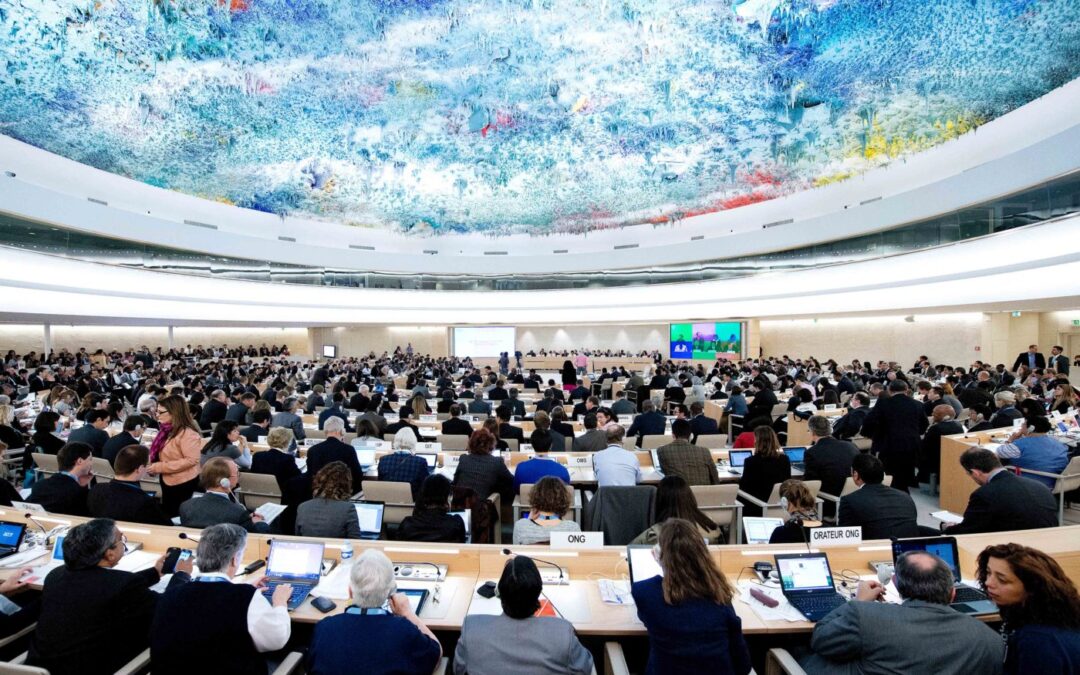
Dec 15, 2021 | Advocacy, Non-legal submissions
Today, the ICJ called for the end of political interference with judicial independence in Ukraine during an interactive dialogue before the UN Human Rights Council after the update by the Deputy High Commissioner for Human Rights on the situation of human rights in the country.
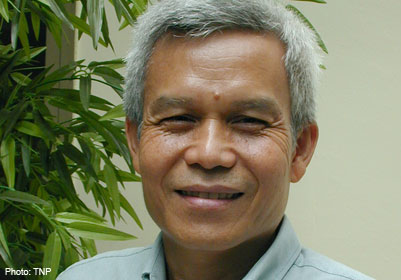
Dec 15, 2021 | Advocacy, News
On the ninth anniversary of the enforced disappearance of Lao civil society leader Sombath Somphone, we, the undersigned organizations, reiterate our calls on the Lao government to determine his fate and whereabouts, and deliver justice to him and his family.
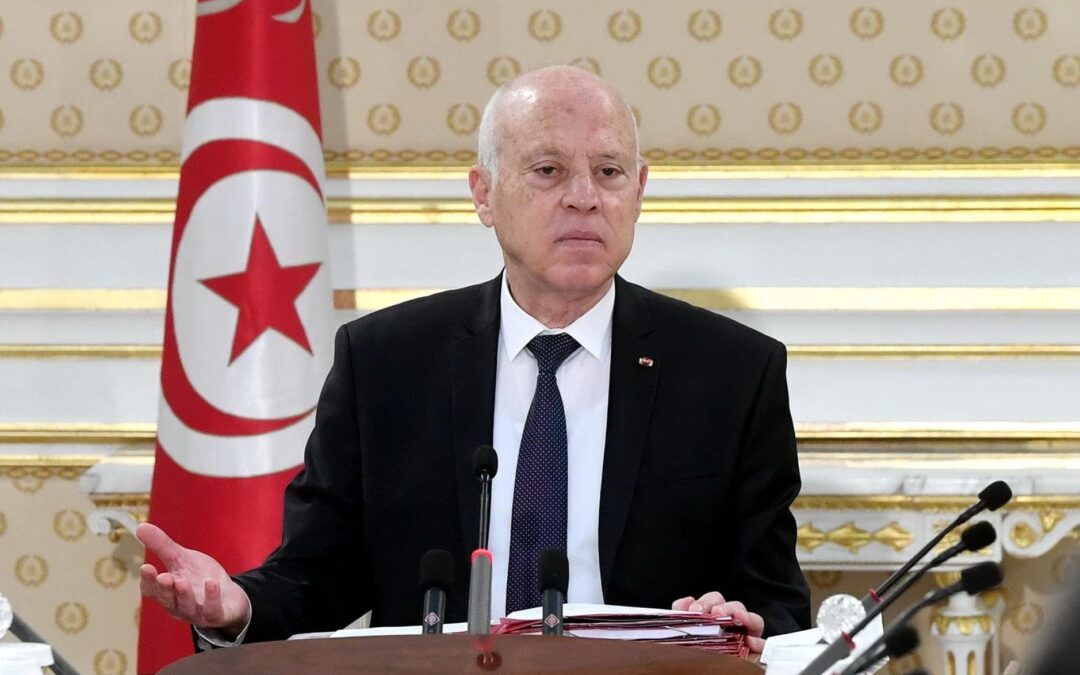
Dec 14, 2021 | News
President Saied’s continued attacks on the separation of powers and the 2014 constitution should receive international condemnation, said the ICJ today.
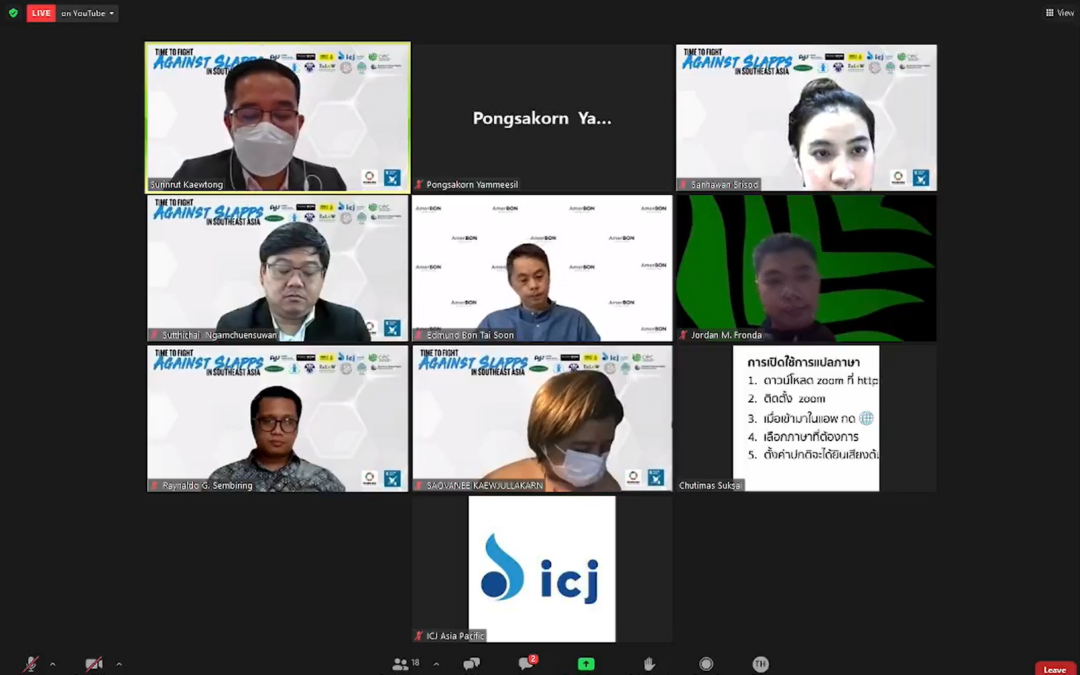
Dec 9, 2021 | Events, News
On 9 December 2021, the ICJ and 11 other organizations co-hosted an online panel discussion entitled: “Time to Fight Against SLAPPs in Southeast Asia”.









